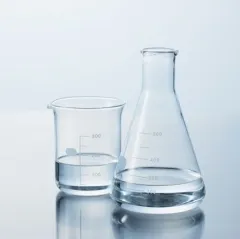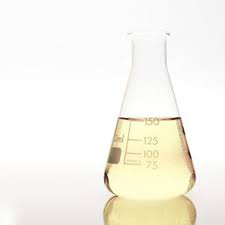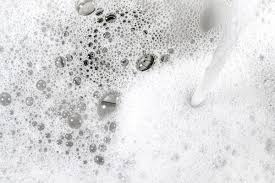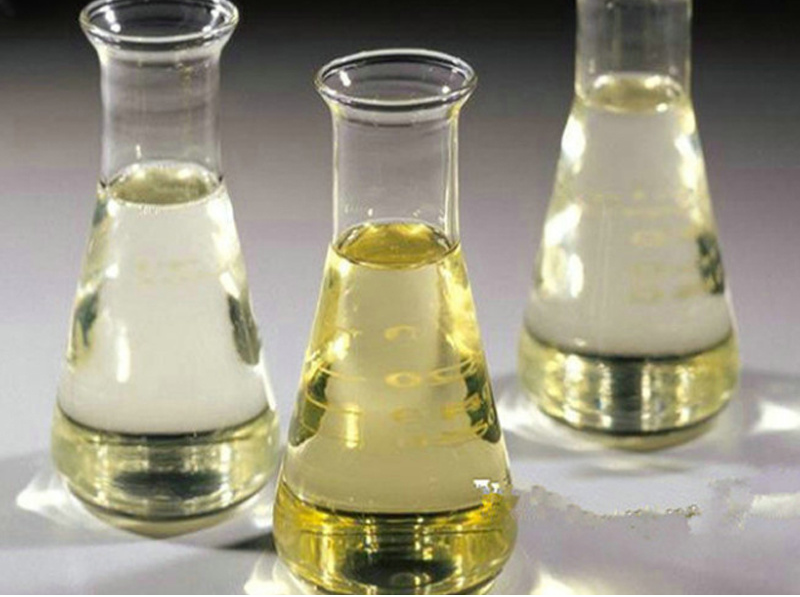**Surfactants: The Secret Agents in Your Everyday Life**
(What Is The Role Of Surfactant)
You know that soap that gets rid of greasy stains? Or the shampoo that makes your hair fluffy? None of that magic happens without surfactants. These tiny molecules are like undercover agents working behind the scenes. They make things mix that normally hate each other—like oil and water. Let’s break down how these invisible heroes keep your world clean, healthy, and even alive.
First, what exactly are surfactants? The name comes from “surface-active agents.” They’re chemicals that love to hang out at the boundary between two things, like water and oil. Imagine a surfactant molecule as a tadpole. The head loves water. The tail hates it and clings to oil or grease. When you wash your hands, soap surfactants dive into action. Their water-hating tails stick to dirt or germs. Their water-loving heads face outward, pulling the gunk into the water so it rinses away.
Now think about a greasy pan. Water alone can’t clean it. Oil and water refuse to mix. Add dish soap loaded with surfactants, and suddenly the oil breaks into tiny droplets. The surfactants surround each droplet, letting water carry them off. This is called emulsification. It’s why your dishes go from slick to spotless.
Surfactants aren’t just for cleaning. Your lungs rely on them too. Ever blown up a balloon? It takes effort. Now imagine your lungs inflating 20 times a minute without getting tired. That’s thanks to pulmonary surfactants. They coat the inside of your lung’s air sacs. Without them, the sacs would stick together every time you exhale. Breathing would feel like peeling apart two wet pieces of paper. Premature babies sometimes struggle with this. Their bodies haven’t made enough surfactants yet. Doctors give them artificial surfactants to help them breathe.
Shampoo and conditioner also depend on surfactants. Shampoo strips oil from your hair. Conditioner adds it back—but in a controlled way. Different surfactants manage this balance. Too much oil, your hair looks greasy. Too little, it turns into a frizz bomb. The right surfactants keep things just right.
Even medicines use surfactants. Some drugs don’t dissolve well in water. Surfactants help package them into forms your body can absorb. Creams and lotions rely on surfactants to blend oils with water-based ingredients. Without them, your moisturizer would separate like a bad salad dressing.
Here’s a fun fact: surfactants fight fires. Firefighting foams use them to smother flames. The foam forms a blanket that cuts off oxygen. It also stops flammable vapors from rising. Next time you see a firefighter, remember—they’re probably carrying surfactants in their toolkit.
Nature invented surfactants long before humans. Microbes produce them to break down oil or digest food. Even your own cells use surfactant-like molecules to manage their membranes. These natural versions inspire scientists to create safer, greener surfactants for products.
Not all surfactants are eco-friendly. Some stick around in the environment and harm aquatic life. That’s why many companies now use biodegradable options. Plant-based surfactants from coconut or corn are gaining popularity. They clean just as well without the environmental hangover.
(What Is The Role Of Surfactant)
From your shower gel to your lungs, surfactants are everywhere. They solve problems we don’t even think about. Next time you wash your hands, thank those tiny tadpole-shaped molecules. They’re the reason dirt disappears, bubbles form, and life gets a little easier.
Inquiry us
if you want to want to know more, please feel free to contact us. (nanotrun@yahoo.com)




